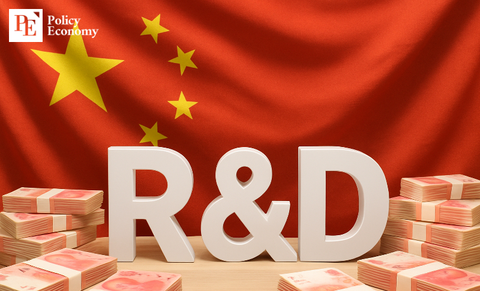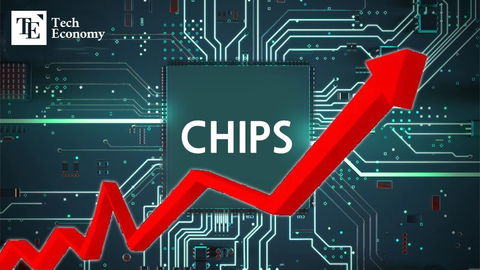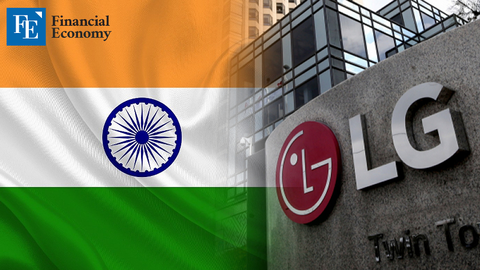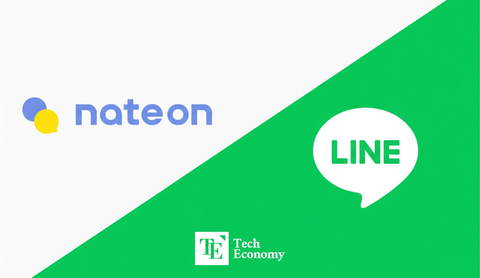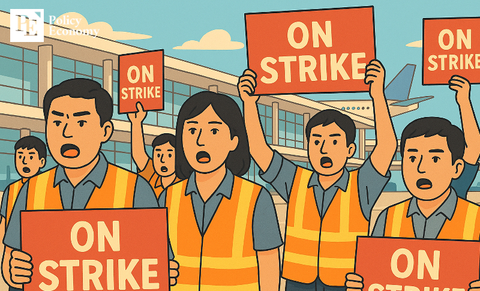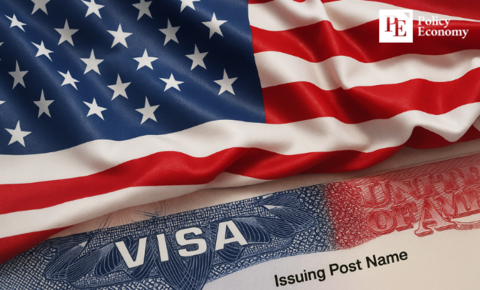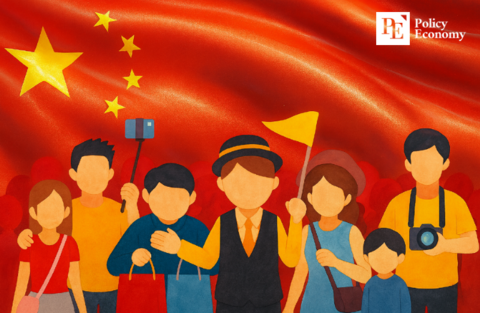SoftBank Acquires U.S. Foxconn Plant, Signaling Full-Scale Launch of ‘Stargate Project’
Input
Modified
Part of $530 Billion Stargate Initiative Expected to Be Used as Data Center Site Seeking Breakthrough for Delayed Project Rollout
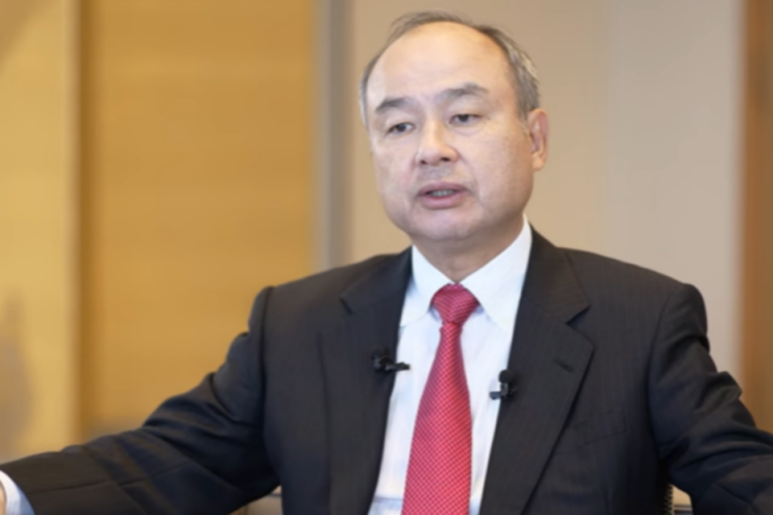
Japan’s SoftBank Group has acquired Taiwanese electronics manufacturer Foxconn’s electric vehicle plant in Ohio, in a surprise move aimed at accelerating its massive U.S.-based artificial intelligence (AI) infrastructure investment initiative, the “Stargate Project,” announced earlier this year in partnership with OpenAI and Oracle.
Acquisition of Ohio Plant for $380 Million
Bloomberg, citing sources on August 10 (local time), reported that the buyer of Foxconn’s Ohio plant—sold for $375 million—was confirmed to be SoftBank. The acquisition is understood to be part of securing a core operational base for the Stargate Project.
The Stargate Project was officially announced at the White House on January 21, shortly after President Donald Trump began his second term. At the event, SoftBank Chairman Masayoshi Son, Oracle Chairman Larry Ellison, and OpenAI CEO Sam Altman pledged, in the presence of President Trump, to invest up to $500 billion over the next four years to build AI infrastructure across the United States.
Subsequent media reports suggested that SoftBank was considering bringing Foxconn into the initiative. Bloomberg noted, “Foxconn’s participation would strengthen Son’s vision of making the company a central force in AI-supporting equipment investment.” SoftBank has a history of outsourcing production of its humanoid robot “Pepper” to Foxconn, and more recently, the two companies each committed $735 million to establish a joint venture for data center manufacturing, continuing their cooperative ties.
According to sources, the acquired electric vehicle plant site is highly likely to be repurposed as a data center location. A Wall Street Journal (WSJ) report last month supported this assessment, noting that the Stargate Project had been delayed by funding and site selection challenges. The WSJ added that the project’s goals for this year had been scaled back to building a single small-scale data center within the year, with Ohio emerging as a likely location for the first facility.
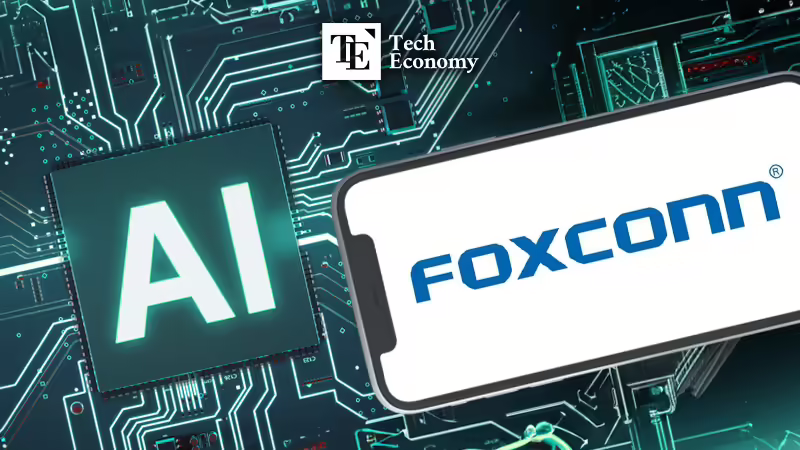
Foxconn’s Shift from iPhone Contractor to AI Foundry
Foxconn, long known for contract manufacturing products such as Apple’s iPhone, has been expanding its presence in the AI sector. Similar to how Taiwan Semiconductor Manufacturing Company (TSMC) pioneered the semiconductor foundry business—producing chips to order and becoming the global leader—Foxconn is now positioning itself as a specialized producer of AI-related products and infrastructure, including AI robots, data centers, servers, and AI-driven factories, aiming to lead the emerging AI foundry industry.
Foxconn envisions an AI-driven manufacturing era that goes beyond producing iPhones, robots, and electric vehicles to fully automating factory design, operations, and production processes through AI. At Computex 2025, Asia’s largest tech exhibition, in May, Foxconn Chairman Young Liu stated, “In the past, we had to build a physical plant and conduct trial runs, but now we can design processes in virtual space, run thousands of AI simulations, and then implement factories under optimal conditions.” He added that, in operations, AI—working alongside robots—would handle over 80% of tasks, leaving humans to focus on the remaining 20% of complex, high-skill work.
At the time, Liu also unveiled the “3+3 strategy”: focusing on three major industries—electric vehicles, digital healthcare, and robotics—and three core technologies—AI, semiconductors, and next-generation communications. If TSMC is the undisputed leader in semiconductor foundry services, Foxconn aspires to become the top foundry in AI manufacturing.
Participation in NVIDIA–Taiwan Government-Led Supercomputer Project
Foxconn’s most prominent growth area at present is AI servers. Since entering the business in 2017, the segment has grown in just eight years to a revenue scale comparable to its mainstay iPhone contract manufacturing. Key customers include NVIDIA, Microsoft (MS), and Apple. The company is also advancing into industrial robotics and electric vehicles, integrating autonomous driving and other advanced technologies to strengthen its AI manufacturing capabilities.
Leveraging its expertise in component production and assembly, Foxconn has also joined the AI semiconductor ecosystem led by the NVIDIA–TSMC alliance. Recently, Foxconn, NVIDIA, TSMC, and the Taiwanese government formalized plans to build a large-scale AI supercomputer. According to NVIDIA CEO Jensen Huang, the company will construct a new headquarters complex called “NVIDIA Constellation” in northern Taipei, which will house an R&D center focused on AI semiconductor design, robotics, and quantum computing.
Taiwan has long served as a manufacturing hub for the global ICT industry, home to TSMC, Foxconn, and MediaTek, the world’s largest application processor (AP) maker. With NVIDIA designating Taiwan as the hub of its AI ecosystem, analysts say the island is poised to gain a competitive edge in the global AI power race. Kim Yang-peng, senior research fellow at the Korea Institute for Industrial Economics & Trade (KIET), noted, “Taiwan has already held the lead in system semiconductors through TSMC, and now its stature in the emerging AI field will rise even further.”

